Segregation is on its deathbed - the question now is, how costly will the segregationists make the funeral?
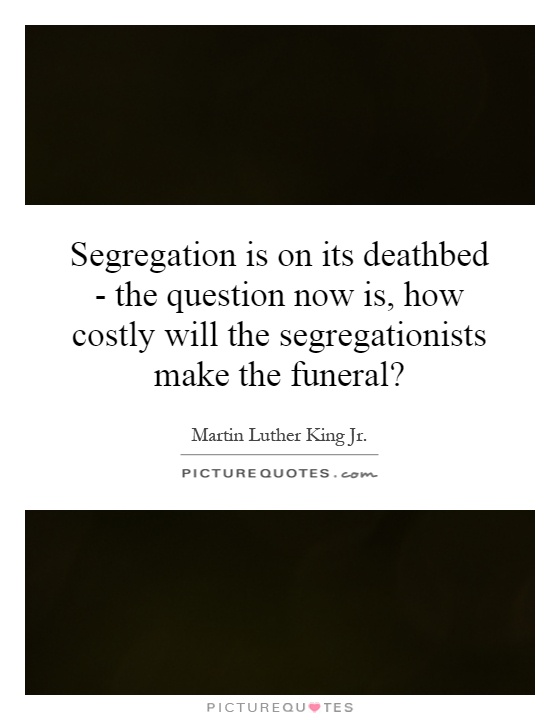
Segregation is on its deathbed - the question now is, how costly will the segregationists make the funeral?
Segregation is a deeply ingrained societal issue that has plagued the United States for centuries. From the days of slavery to the Jim Crow era, African Americans have faced discrimination and segregation in nearly every aspect of their lives. However, thanks to the tireless efforts of civil rights leaders like Martin Luther King Jr., segregation is now on its deathbed.Martin Luther King Jr. was a pivotal figure in the civil rights movement, leading nonviolent protests and advocating for racial equality and justice. His famous "I Have a Dream" speech called for an end to segregation and discrimination, and his efforts helped to bring about significant changes in American society.
Despite the progress that has been made, segregation still exists in some forms today. While overt segregation laws have been abolished, there are still disparities in education, housing, and employment that disproportionately affect African Americans and other minority groups. These disparities are often the result of systemic racism and discrimination that continue to pervade our society.
The question now is, how costly will the segregationists make the funeral of segregation? Will they continue to resist change and cling to their outdated beliefs, or will they finally acknowledge the harm that segregation has caused and work towards a more inclusive and equitable society?
The cost of maintaining segregation is high, both morally and economically. Segregation perpetuates inequality and division, leading to social unrest and unrest. It also hinders economic growth and development, as resources are not allocated fairly and opportunities are limited for marginalized communities.
It is time for segregationists to let go of their outdated beliefs and embrace a more inclusive and equitable society. The funeral of segregation should not be a costly affair, but rather a celebration of progress and unity. Martin Luther King Jr.'s legacy reminds us that change is possible, and that we must continue to fight for justice and equality for all.
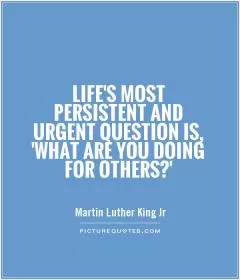
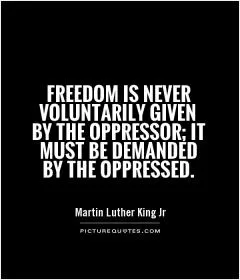
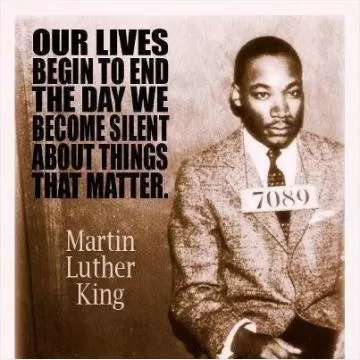
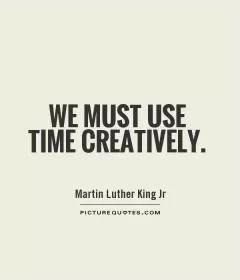
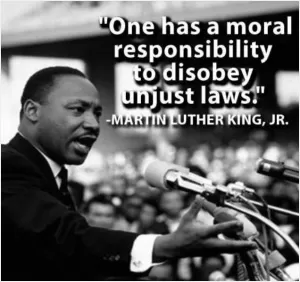

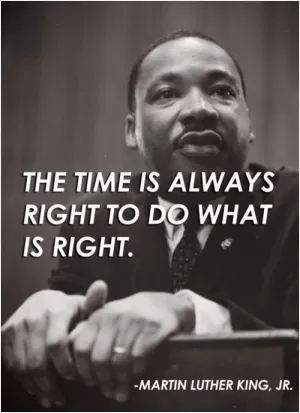
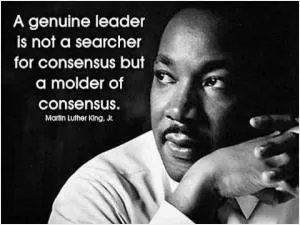

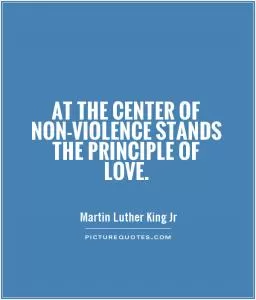


 Friendship Quotes
Friendship Quotes Love Quotes
Love Quotes Life Quotes
Life Quotes Funny Quotes
Funny Quotes Motivational Quotes
Motivational Quotes Inspirational Quotes
Inspirational Quotes